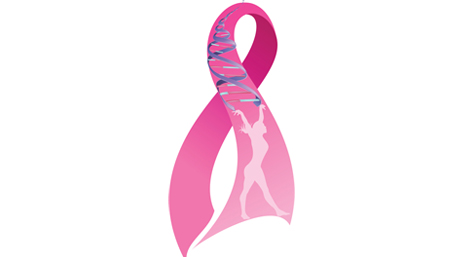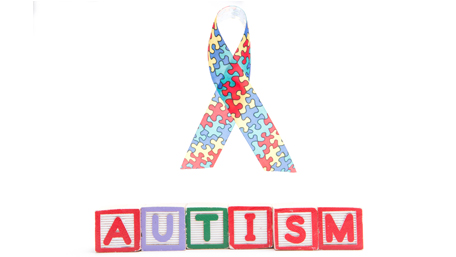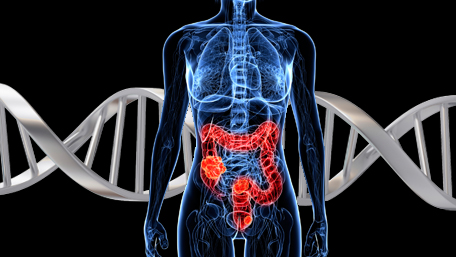
03/23/2024
Hot Topics of the Day are picked by experts to capture the latest information and publications on public health genomics and precision health for various diseases and health topics. Sources include published scientific literature, reviews, blogs and popular press articles.
Sign up MyPHGKB to receive the daily hot topic email alert.
Archived Hot Topics of the Day By Date
PARP Inhibitors for Breast Cancer Treatment: A Review.
Stefania Morganti et al. JAMA Oncol 2024 3
Genomic analysis of 116 autism families strengthens known risk genes and highlights promising candidates
M Viggiano et al, NPJ Genomic Medicine, March 22, 2024
Lynch Syndrome Ups Risk for Colorectal, Other Cancers
E Herlache, Cancer Care, March 2024
The DTC microbiome testing industry needs more regulation.
Diane E Hoffmann et al. Science 2024 3 (6688) 1176-1179
Disclaimer: Articles listed in Hot Topics of the Day are selected by Public Health Genomics Branch to provide current awareness of the scientific literature and news. Inclusion in the update does not necessarily represent the views of the Centers for Disease Control and Prevention nor does it imply endorsement of the article's methods or findings. CDC and DHHS assume no responsibility for the factual accuracy of the items presented. The selection, omission, or content of items does not imply any endorsement or other position taken by CDC or DHHS. Opinion, findings and conclusions expressed by the original authors of items included in the Clips, or persons quoted therein, are strictly their own and are in no way meant to represent the opinion or views of CDC or DHHS. References to publications, news sources, and non-CDC Websites are provided solely for informational purposes and do not imply endorsement by CDC or DHHS.
- Page last reviewed:Feb 1, 2024
- Page last updated:May 01, 2024
- Content source:





